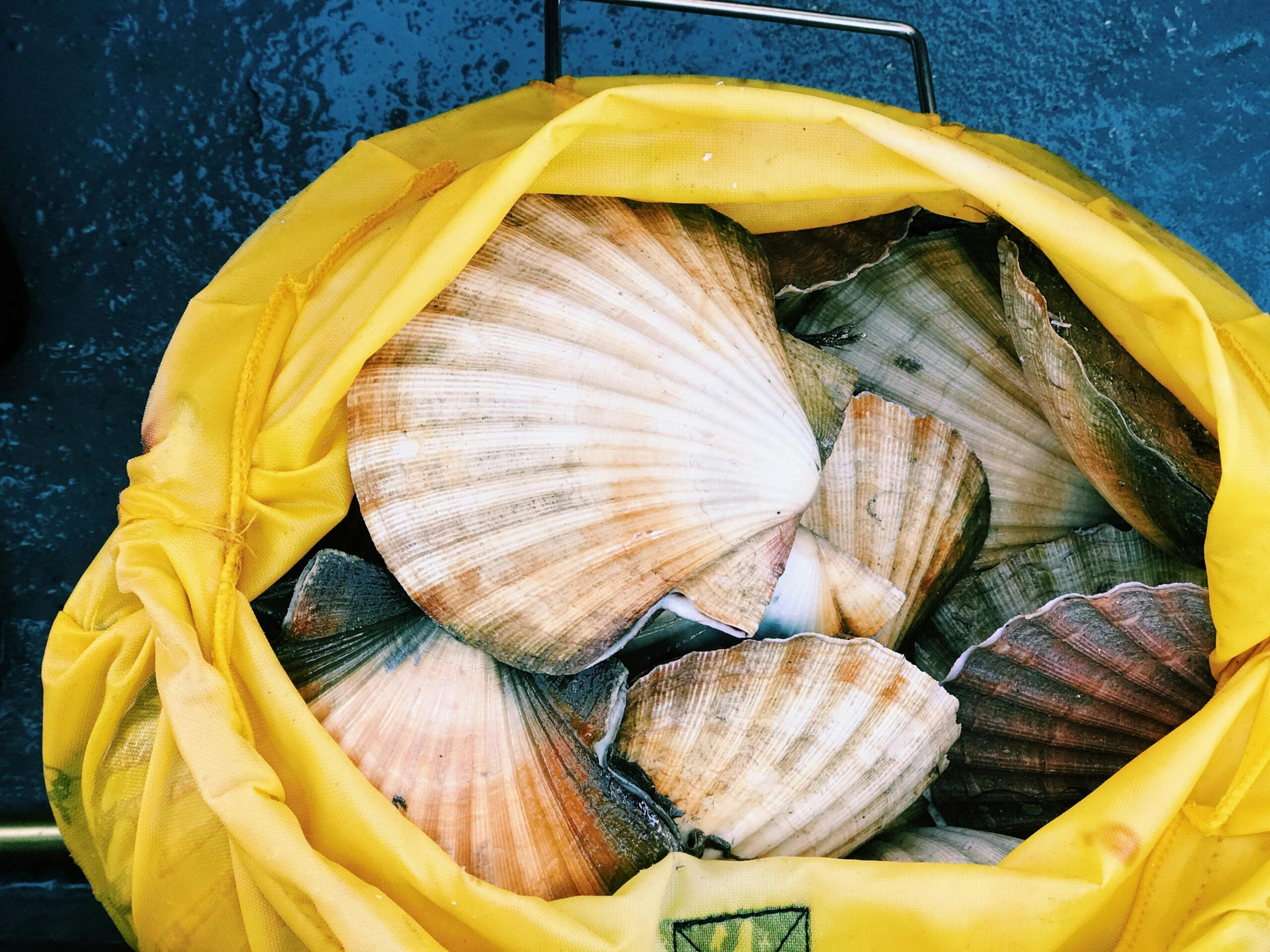Photo by Julie Aagaard
Fishermen in the Celtic Sea are raising urgent concerns over the future of their queenie fishery, warning that two proposed offshore wind farms could trigger its complete collapse. As reported by Fishing News, the floating wind projects—part of the UK’s Offshore Wind Leasing Round 5—are poised to disrupt key fishing grounds off the coasts of Devon and Cornwall.
Developers Equinor and Gwynt Glas have each secured areas for potential 1.5 GW wind farms. While seen as vital to the UK’s energy transition, local fishers say the scale and positioning of the sites threaten to displace inshore fleets that depend on dredging queen scallops—commonly known as “queenies”—from the sandy seabed.
Chris Ranford of the Cornish Fish Producers Organisation (CFPO) has called on The Crown Estate to ensure a transparent “handover” process, enabling early engagement between developers and those who depend on the sea. Without it, Ranford warns, “the fishery could be lost entirely.”
The issue extends far beyond Cornwall. Across the EU, fishing groups are warning of a growing “spatial squeeze” as offshore wind farms expand rapidly into historic fishing grounds. The European Fisheries Alliance and advisory councils have urged national governments and EU bodies to integrate fishing access into marine planning policies before irreversible damage is done.
Back in the Celtic Sea, developers like Celtic Sea Power have emphasised their commitment to collaboration, stating that effective co-existence is possible through early dialogue and flexible project design. Still, with formal consultations fast approaching, time may be running out for fishing communities to secure their say.
For the queenie fishery—a sector already navigating quotas, fuel costs, and environmental change—the arrival of industrial-scale offshore wind presents both a new frontier and a growing threat. As stakeholders work to balance energy goals with marine livelihoods, the fate of one of the South West’s most iconic fisheries now hangs in the balance.
